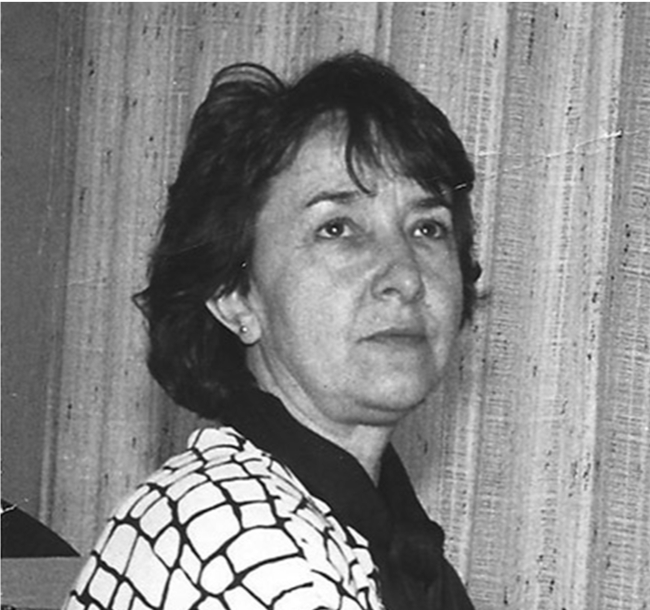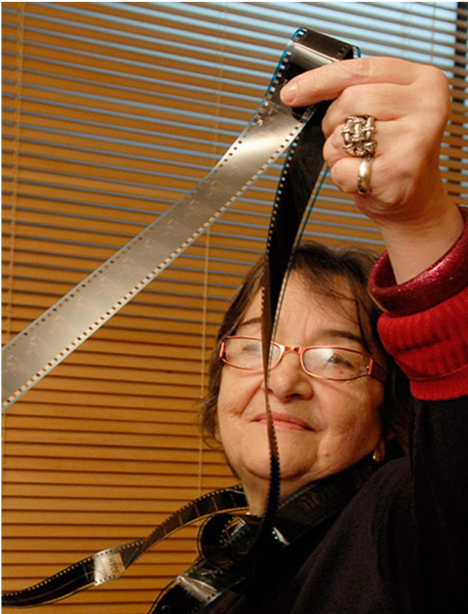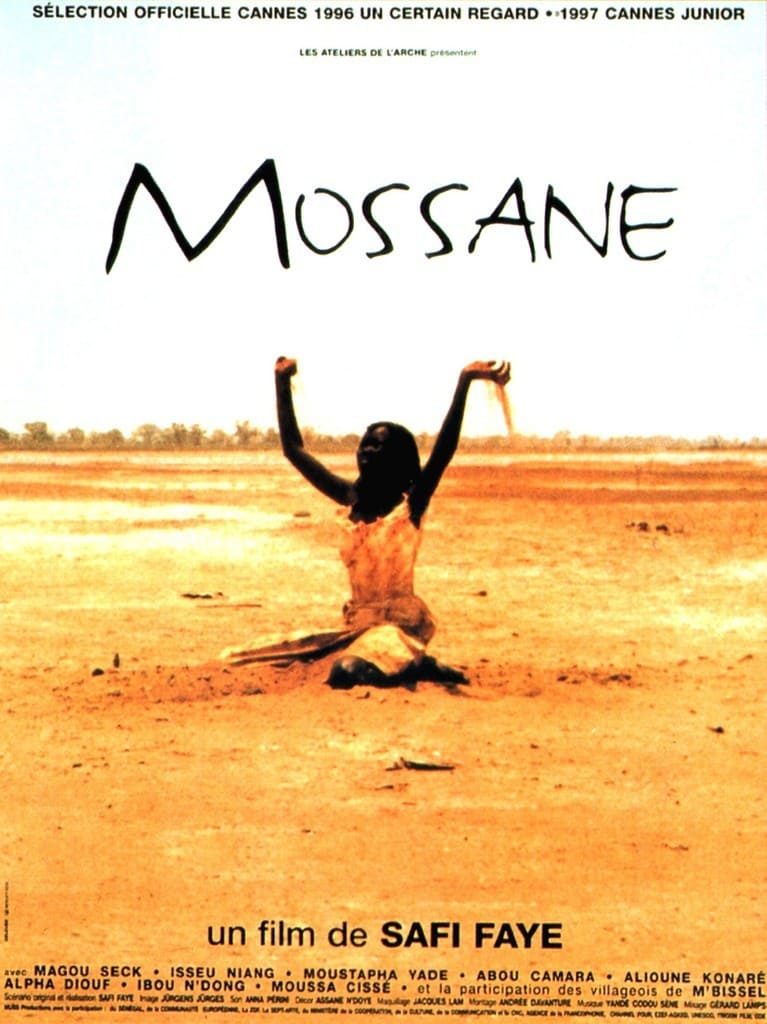Andrée Davanture
1933 – 2014
 Andrée Davanture began her career as editor in 1953, and worked with many French directors, including René Clement. In 1974, she began working for directors from numerous African countries and continued this work throughout her career via Atria, a company she founded in Paris in 1980.
Andrée Davanture began her career as editor in 1953, and worked with many French directors, including René Clement. In 1974, she began working for directors from numerous African countries and continued this work throughout her career via Atria, a company she founded in Paris in 1980.
Davanture edited six films for Souleymane Cissé (including Baara, Yeelen and Den Muso), and various for Safi Faye (Lettre Paysanne, Mossane), as well as films for Gaston Kaboré (Wend Kuuni and Zan Boko), Férid Boughedir (Twenty Years of African Cinema), Oumarou Ganda (L’éxilé), and films by Kitia Toure, Assane Kouyaté, Fanta Régina Nacro, Daoud Aoulad-Syad, Tariq Teguia, and Mehran Tamadon.
Davanture also continued editing numerous films for European directors, including Teresa Villaverde (Visions of Europe, In Favour of Light and Water and Salt), Philippe Van Leeuw (The Day God Walked Away) and Emmanuel Vernières (Françoise Lebrun, les voies singulières).
Her last editing credit was for her work on Cissé’s feature-length documentary O Ka, which was released in 2015, a year after her death at the age of eighty-one and the end of an editing career that lasted sixty-one years, during which she worked on more than 140 films.

“Mark Reid: But, how did you become the editor of African-directed films?
Andrée Davanture: One day I was thinking about Africa. I really wanted to understand what African cinema was—what it meant in Africa. I believe that people who work in film should try to understand all filmmaking styles so as to really understand cinema itself. In 1974, I looked for work with the Ministry of Cooperation [which dealt with French-African international relations] in the African film section. I wanted to broaden my knowledge of editing in particular and of film in general. A man asked me if I would edit a commercial for a Francophone festival. As I was editing that short, I saw some African films. On a modest little editing table, I saw Ousmane Sembene’s Borom Sarret and found myself crying. I discovered that with all my education and exposure to film, I had not known about this important cinema. When I met with the man who had given me this editing job, I asked him to give me African films to edit. Initially my work was only fair because I recognized that films made by Africans have different film styles and pacing than the European films I had formerly edited. I knew I couldn’t work in a European editing mode.
MR: Could you elaborate on this theme of cross-cultural film production and the problems which a European encounters when working on African cinema?
AD: It is very interesting to confront my own “savoir faire,” which represents my personal and cultural education in France. After I have organized this perspective mentally, I listen to the African director, with whom I have a discussion each editing session.
MR: But do you understand the film’s dialogue?
AD: No. That’s why I pay close attention to the director, the musical soundtrack, and the characters. French editors commonly edit according to dialogue or the impact of a word, but when I edit African films, I cannot do that. So, I work according to the rhythm of the dialogue. I haven’t yet been mistaken.”
— “Producing African Cinema in Paris: An Interview with Andrée Daventure” by Mark A. Reid. The full interview can be found in the Appendix.

